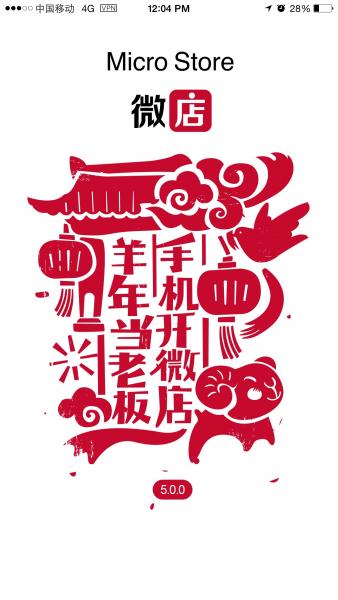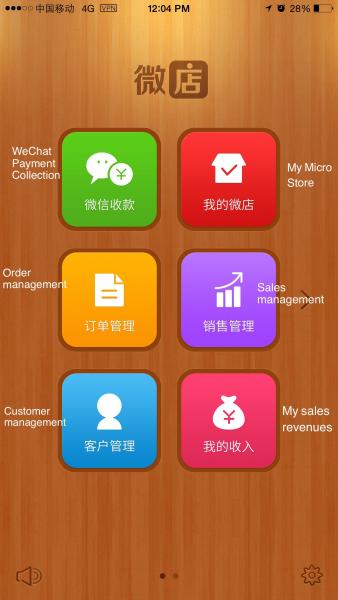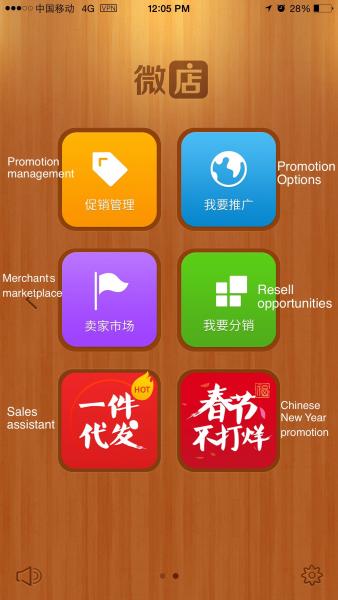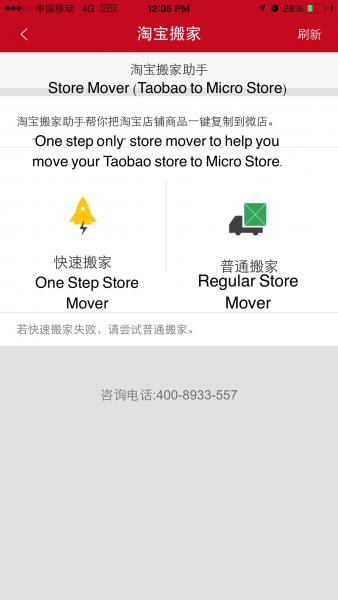Running A Micro Store: My Hands-On Experience With Social eCommerce In China (Part 1: Why Am I Doing This?)
Note: This is the first in a series of blog posts I am planning to document my eCommerce experience.
Over the past 12 months, my colleagues and I have had many discussions about the next big thing for the eCommerce market in China. Key questions include:
- Who will be the next Taobao or Tmall in China?
- How will social commerce affect the dynamics of the current market, in which Alibaba owns the majority of the consumer traffic and overall gross merchandise value (GMV)?
- Will WeChat be the top challenger and platform for social commerce?
But while we’ve been having discussions, my friend has generated more than RMB 25 million in revenues in 12 months with a small team of five people by starting a microstore (wei dian in Chinese). A microstore is a third-party HTML5-based consumer-to-consumer eCommerce platform, very similar to Taobao when it first started out. It leverages real personal relationships on WeChat to promote products. Microstores (or ministores), run by Pocket Shopping, which is 10% owned by Tencent, are one of the three major eCommerce models on the WeChat platform, and probably the fastest-growing at the moment (we’ll describe this in detail in an upcoming Forrester report, “Use WeChat To Facilitate Cross-Channel Sales And Customer Engagement,” which is scheduled to be published next month).
That triggered my thinking about the rapidly evolving microstore ecosystem:
- Why have microstore grown so fast in just over 18 months?
- What are the key differences between microstores and Taobao? How much impact can real-world relationships on social networks like WeChat have on eCommerce?
- Microstores are developing extremely fast — just as everything else in China’s Internet industry. Will seeing WeChat moments full of eCommerce links and ads heavily degrade the value of social commerce in the eyes of consumers?
- How severe is the issue of fake products, as microstores have almost zero entry costs, just like Taobao?
- How will microstores likely affect the strategies of local and global brands seeking to leverage WeChat for eCommerce?
To answer these questions, I decided to open my own microstore for a short period of time (approximately two months) and document my experiences. I am a gadgets guy and I always buy a lot of devices for my own interest. I usually use them for a very short period of time before moving on to something else. This collection of lightly used devices provides the perfect stock for me to sell via my own microstore.
I will record my personal experience running a microstore via regular blog posts. Should you have any questions other than those I have listed above, please do share with me and I will try my best to answer them. Stay tuned!



